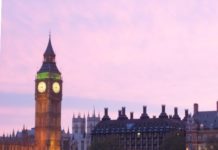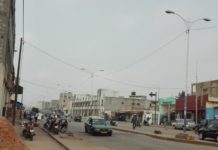Cs Amb. italiana a Khartoum –
![]() KHARTOUM. A five-day workshop on human rights for judges, prosecutors and practitioners in Sudanese law, financed by the Italian Ministry of Foreign Affairs (General Directorate for Globalization – DGMO) and implemented by Scuola Superiore Sant’Anna of Pisa (SSSP) with the collaboration of the Sudanese authorities and the think-tank Peace Research Institute of the University of Khartoum, has come to end.
KHARTOUM. A five-day workshop on human rights for judges, prosecutors and practitioners in Sudanese law, financed by the Italian Ministry of Foreign Affairs (General Directorate for Globalization – DGMO) and implemented by Scuola Superiore Sant’Anna of Pisa (SSSP) with the collaboration of the Sudanese authorities and the think-tank Peace Research Institute of the University of Khartoum, has come to end.
Over 20 participants, chosen by the authorities of Khartoum among civil, criminal, supreme and military judges, human rights consultants of the Sudanese MFA and consultants of security organs.
Great appreciation from all parts has been shown for the structure of the course which has ranged from the mechanisms of protection for human rights at the international, EU and UA level, to the state of the art in theme of procedural mechanisms for the protection of fundamental freedoms in Sudan: a solid preparation, aiming at stimulating debates on priority issues (including the moratorium on the death penalty) and on the state of Sudanese ratification of some international conventions on human rights.
According to the Italian Ambassador to Khartoum, Fabrizio Lobasso, “the excellent institutional relationship between Italy and Sudan has been once again confirmed. The participants and the Sudanese institutions responded enthusiastically, confirming the splendid momentum of our bilateral relations but also the great consideration of Italian academics in Sudan”.
In the African country there is a strong need to multiply similar training initiatives to allow Sudanese legal environments to increase their awareness of the fundamental role they may play in strengthening rule of law in the country.
Next steps: a course in Sudan – after the summer and always with SSSP – under the format “training for trainers” (in order to allow some judges to continue maieutic activities with young colleagues), but also the increase of events on constitutional law, on wider bases and with further local institutions that today do come forth with proposals of training to the benefit of their personnel.













